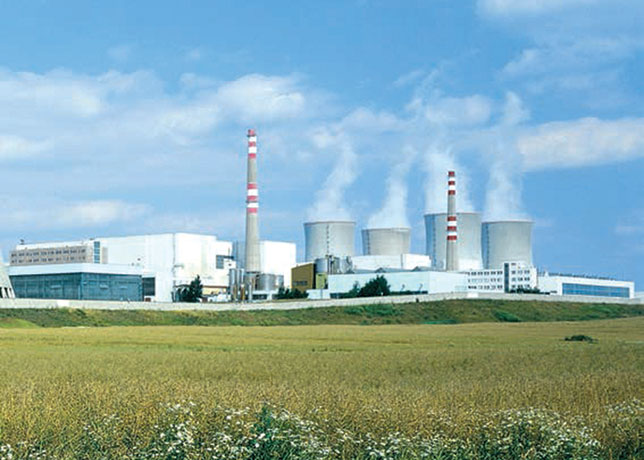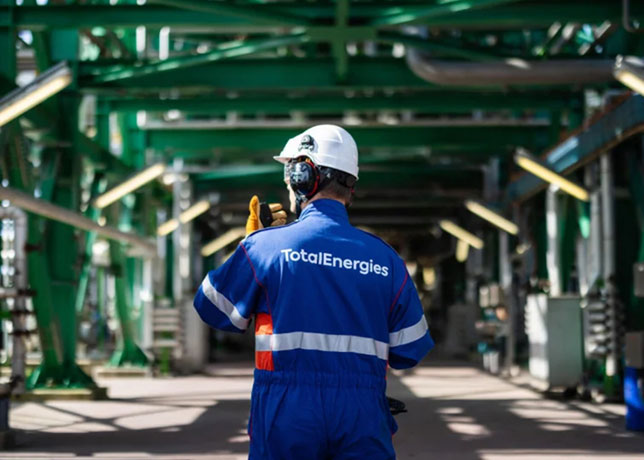
 New guidelines will demystify the economics of decarbonisation
New guidelines will demystify the economics of decarbonisation
Kent and the Energy Institute are partnering to create guidelines for assessing the economics of decarbonisation projects in the UK's upstream oil and gas sector. The goal is to provide clear, actionable guidance to help the industry achieve its environmental goals.
The guidelines will be developed under the leadership of Graham Filsell, Kent's Asset Decarbonisation Lead, and they will focus on demystifying the economics of decarbonisation, which can be challenging to present alongside standard project economics. Traditional justifications, such as reduced operating costs from emissions trading credits or increased revenue from reduced fuel/flare gas, may not provide a complete picture.
The guidelines will address several key objectives:
• Providing clarity on decarbonisation economics for professionals with limited exposure, like sustainability managers.
• Offering insights into how carbon costs are calculated and influenced by market forces, including societal costs.
• Recommending alternative metrics beyond just NPV to ensure decarbonisation goals are met.
• Justifying the choice of both standard and non-standard metrics.
The work will involve Kent's Environmental, Asset Decarbonisation, and Energy Environment Economic Modelling teams. This interdisciplinary approach will draw on expertise in regulations, industry best practices, and economic valuation of greenhouse gas emissions.
James Lawson, Chair of the Upstream Environmental Group, emphasised the societal importance of this initiative. "Decarbonisation projects often compete for capital with other sectors, so clear, targeted guidance can help ensure appropriate allocation aligned with net zero commitments."
This collaboration marks a significant step towards achieving the environmental objectives of the North Sea Transition Deal and minimising the upstream oil and gas sector's environmental impact.












































































